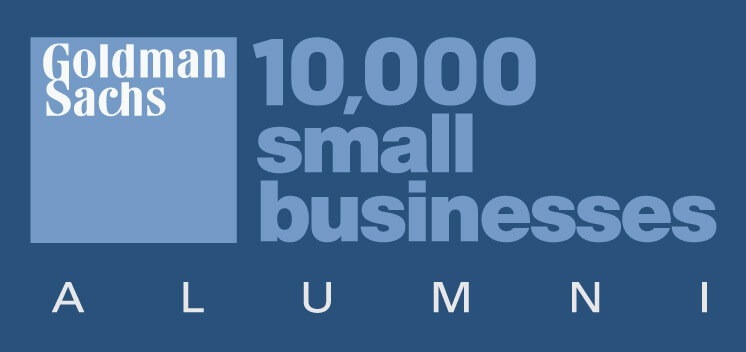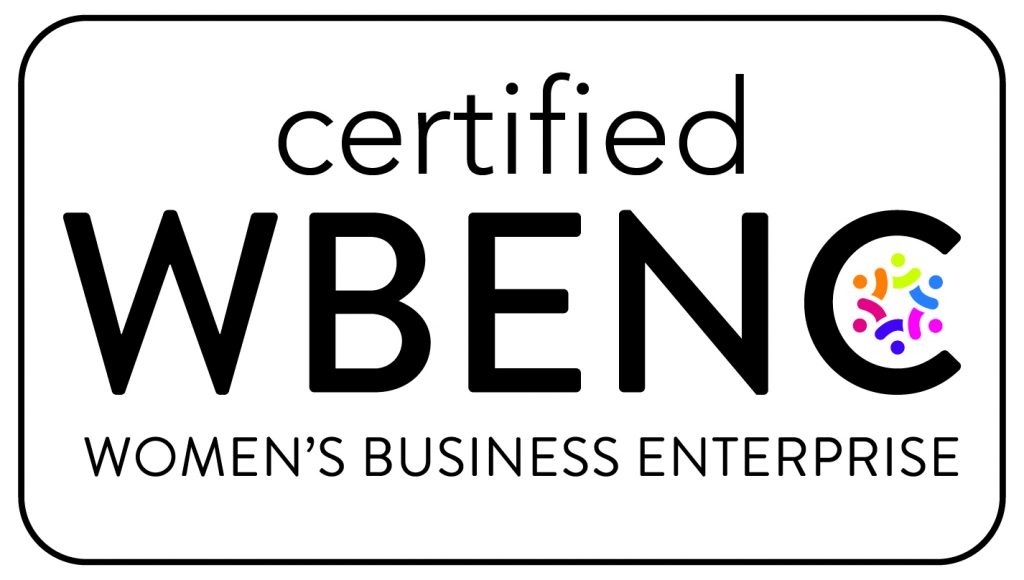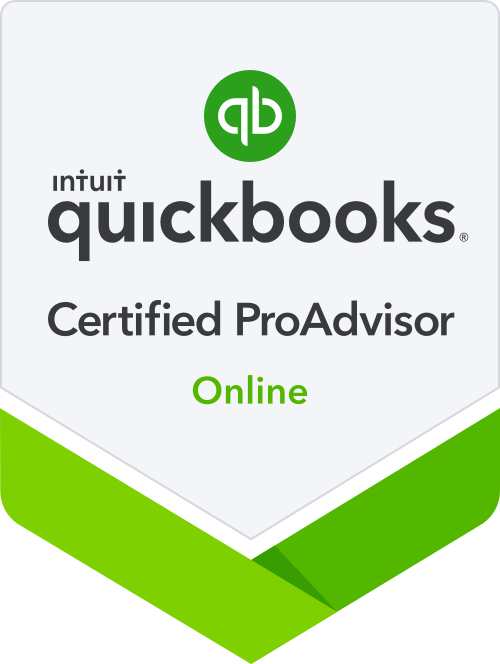There’s a lot of nuance in the area of business finances. Like, what’s the difference between an accountant and a bookkeeper? (Find out here) Another popular question we get is what’s the difference between accountants and tax preparers or CPAs.
An accountant is more of a generalist within the world of business finance. Since tax law is complicated, accountants don’t always have extensive, in-depth knowledge about taxes. They know enough to create a report that you can then take to your tax preparer. However, they don’t usually prioritize tax strategy, and they definitely don’t file your tax returns.
If you’re looking for a tax expert, you’ll want to work with a tax preparer, a Certified Public Accountant (CPA) that specializes in taxes, or a tax strategist. A tax preparer will do just that, prepare your tax returns. A Certified Public Accountant will work to reduce your tax liability but their methods of creating a tax strategy may take longer to implement. For putting together and implementing a tax strategy right away, a tax strategist will be your best bet.
Tip: The earlier you can get into your tax professional’s office before tax season begins, the better. Find out what you can do get ready here.
Before you start googling “accountant near me” or “tax preparer [your city]” you should know a bit more about what you can expect from an accountant and what you can expect from a tax preparer or CPA.
Here’s what you can expect from your accountant:
- Understanding of your financial statements and how they relate to one another
- For them to follow the equation: Liabilities + Owner’s Equity = Assets
- Expertise in business operations
- Analyzation of your financial statements
- Help figuring out your gross profit margins
- Reports identifying different ratios you need to know in your specific business
Here’s what you can expect from a tax preparer or CPA:
- The goal of reducing your tax liability and the amount you pay to the government
- A look at your business as a whole as well as your personal financials
- Expertise on tax forms and tax law
- Identification of what you legally can and can’t write off on your tax return as a business expense
Some businesses work with both an accountant and a tax preparer because they each provide valuable services aimed at making you as profitable as possible. They just help you get to that goal in different ways. Learn how to create SMART financial goals here.
You probably already get some help with your taxes. That’s a once-a-year expense that you’ve likely already planned for. But the idea of hiring someone to manage your finances regularly probably feels like a big decision, one you’re not sure will be worth it. I understand the fear of inviting someone into your finances and the uncertainty that comes from investing in an expert to help support your business.
Working with financial professionals is an investment. Like most investments, it can come with a larger upfront cost. The thing is, your investment is pretty much guaranteed to be worth it. It’s the job of the accountant to help you bring in more money by improving operations and it’s the job of the tax preparer to save you more money by reducing what you pay in taxes. If they do their job right, you’ll gain back that upfront cost and then some in no time.
Want to get started on your taxes today? Use my Tax Deductions freebie as a quick reference for what can and cannot be considered a business expense. Download that here.
If you’re ready to start improving the operations of your business, increasing your profits, and reducing the stress you feel about your business finances, complete this application to work with us and we will reach out to you!






